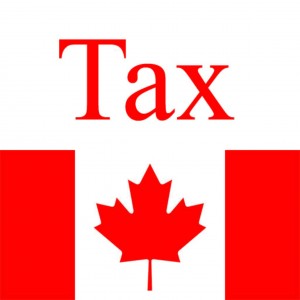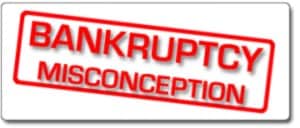 A Consumer Proposal is THE great alternative to bankruptcy. From the files of Ira Smith Trustee & Receiver Inc.: Sammy (not his real name), a 31-year old with no dependents, is the family member of a professional that refers work to us. Referrals are always the highest form of compliment because it demonstrates confidence and respect for our professional abilities, and the strength of our personal relationship. Unfortunately Sammy had fallen prey to the world of online gambling and really needed our help.
A Consumer Proposal is THE great alternative to bankruptcy. From the files of Ira Smith Trustee & Receiver Inc.: Sammy (not his real name), a 31-year old with no dependents, is the family member of a professional that refers work to us. Referrals are always the highest form of compliment because it demonstrates confidence and respect for our professional abilities, and the strength of our personal relationship. Unfortunately Sammy had fallen prey to the world of online gambling and really needed our help.
Sammy was gambling daily and he was using his credit cards to place his online debts. And, as is the case with compulsive gamblers, Sammy was losing and losing big until he had no more credit to gamble with. He couldn’t afford to make more than the minimum monthly payments on his credit cards and he came to the realization that he would never be able to repay his debts.
The Solution: Sammy agreed to perform a Consumer Proposal paying approximately 1/3 of what he owed over a 5 year period and his creditors agreed to the Consumer Proposal.
What is a Consumer Proposal? A Consumer Proposal is an alternative to bankruptcy, governed by the Bankruptcy and Insolvency Act (BIA). It’s available only to individuals whose total debts do not exceed $250,000, not including debts secured by their principal residence. Working with a trustee in bankruptcy you make a consumer proposal to:
- Pay your creditors a percentage of what you owe them over a specific period of time
- Extend the time you have to pay off the debt
- Or a combination of both
Payments are made through the trustee, who is called the consumer proposal Administrator under the BIA, and the trustee uses that money to pay each of your creditors. The consumer proposal must be paid off within five years.
Additional help and support: We recognized that Sammy had to deal with his gambling addition in order to get out of trouble and stay out of trouble so we insisted that in order for us to support his Consumer Proposal he would have to attend Gamblers Anonymous meetings. Sammy attended Gamblers Anonymous meetings faithfully, stopped gambling, and was able to save enough from his work earnings to pay off his Consumer Proposal 1.5 years ahead of schedule. After completing his Consumer Proposal, Sammy obtained at least one promotion at work, is earning more money, continues to save and was able to purchase a condominium apartment for himself (and qualify for mortgage financing).
You can turn your life around with the will and the right professional help. If you’re experiencing serious financial problems, regardless of the cause, contact Ira Smith Trustee & Receiver Inc. today. Starting Over, Starting Now you can leave the past behind and work towards a bright future.
As the miracle of Chanukah has been celebrated this past week, and as the miracle of Christmas will be celebrated in two days, I hope that this inspirational story of Sammy, last week’s inspirational story of how Molly turned her life around from addiction and debts to health and happiness in Personal Bankruptcy Can Be A Great Beginning and the first inspirational corporate turnaround story from two weeks ago, Restructuring and Turnaround of Corporations Saves Jobs & Companies, provides you with a glimpse of how modern day miracles can occur. I wish all of our readers Happy Chanukah, a very Merry Christmas, and a healthy, happy, prosperous New Year where we will all write and tell our own inspirational stories.









